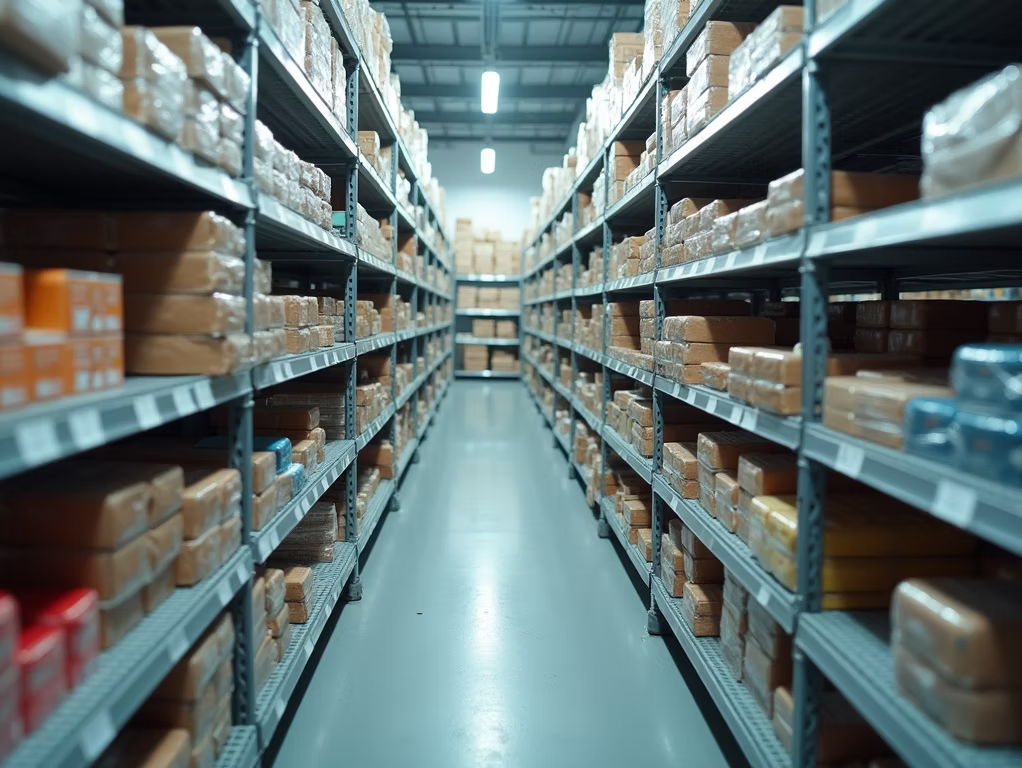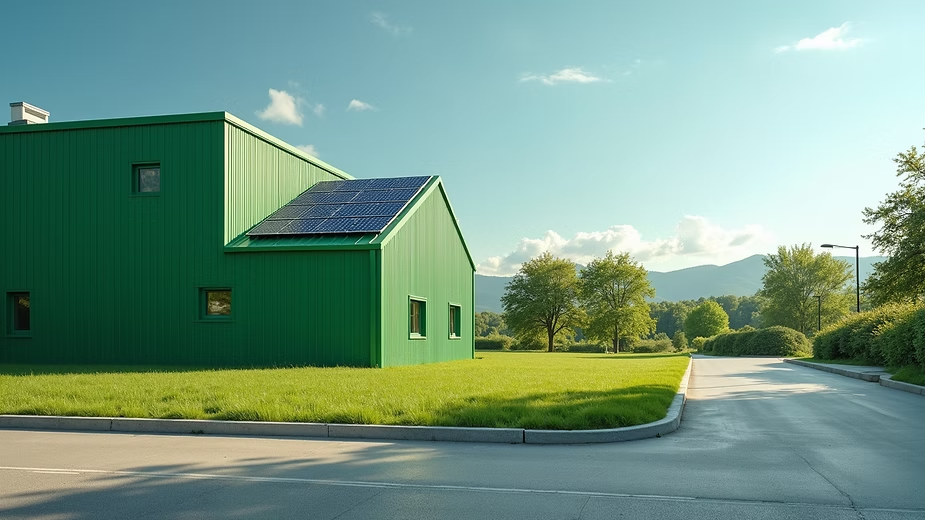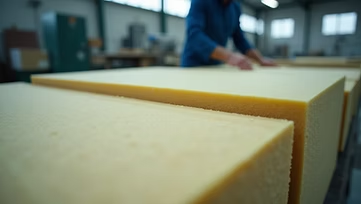S
Sales elementstechnofab
Cold Chain Infrastructure in India: Opportunities
Introduction
In a country like India, where agriculture, pharmaceuticals, and food processing industries form the backbone of the economy, a robust cold chain infrastructure is vital. Yet, despite being one of the largest producers of fruits, vegetables, dairy, and seafood, India faces significant post-harvest losses due to inadequate cold storage and transport systems. However, this gap presents a massive opportunity for growth, innovation, and investment in the cold chain sector.
Understanding Cold Chain Infrastructure
- Cold storage units
- Refrigerated transport (reefer trucks, rail, air cargo)
- Processing units
- Temperature monitoring systems
Cold chain infrastructure refers to the systems and facilities used to maintain the desired temperature of perishable products from the point of origin to consumption. It includes components like:
This infrastructure ensures product quality, reduces waste, and complies with safety regulations across sectors like agriculture, pharmaceuticals, dairy, meat, and seafood.
Why the Opportunity is Growing :
- Rising Demand for Fresh and Frozen Products:
With changing lifestyles and increased urbanization, the demand for fresh produce, frozen foods, and ready-to-eat meals is accelerating. This shift is pushing retailers and suppliers to invest in temperature-controlled logistics.
- Government Support and Policy Push:
The Indian government has recognized the need for a strong cold chain network. Initiatives like PM Kisan SAMPADA Yojana, Mega Food Parks, and subsidies for cold storage projects are creating a favorable environment for private sector participation.
- Growth in E-commerce and Pharma Sectors:
The boom in e-grocery platforms and the need for temperature-sensitive pharmaceutical logistics (such as vaccines and biologics) have further accelerated the demand for cold chain solutions.
- Reduction in Post-Harvest Losses:
Currently, nearly 30-40% of agricultural produce in India is lost due to lack of cold storage. Building reliable cold chains can dramatically reduce these losses, enhancing farmer income and food security.
- Climate-Conscious Innovations:
As sustainability becomes a priority, opportunities arise for energy-efficient refrigeration technologies, solar-powered cold rooms, and smart monitoring systems to reduce carbon footprint.
The Role of Private Sector and Technology
At Private players are now stepping in with investments in smart cold storage, real-time monitoring, and modular cold rooms. Companies are exploring automation, IoT-enabled sensors, and data analytics to improve efficiency and reduce costs.
At Elements Technofab Pvt Ltd., we are proud to contribute to this transformation by manufacturing high-performance PUF and Rockwool insulated panels, ideal for cold storages, food processing units, and refrigerated warehouses. Our panels offer superior thermal insulation, durability, and ease of installation, helping clients build energy-efficient cold chain facilities across India.
Final Thoughts
India’s cold chain infrastructure is at a critical juncture. As consumption patterns evolve and industries demand better storage and distribution systems, the opportunities for innovation, expansion, and collaboration in this sector are immense. Stakeholders who invest in scalable and sustainable cold chain solutions today will shape the resilient supply chains of tomorrow.
Need help setting up a cold room for your facility?
Contact us today, and our experts will assist you in designing the right solution for your business.

Recent Posts
Lets Get in Touch!
We're here to answer your questions and are eager to assist you. Contact our trusted team today.
Call us
+91 9011009690


